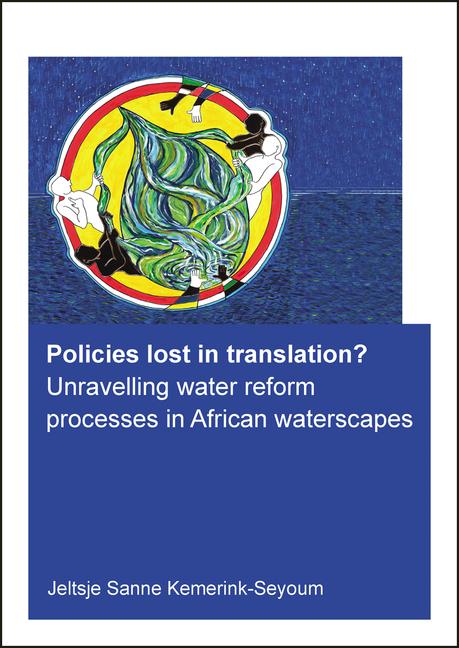Policies lost in translation? Unravelling water reform processes in African waterscapes
 Since the 1980s a major change took place in public policies for water resources management. The role of governments shifted under this reform process from directing, and investing in, the development, operation and maintenance of water infrastructure to managing water resources systems by stipulating general frameworks and defining key principles for water allocation. This change in policy approach has been criticized based on empirical research which shows that policies often do not achieve what they envision on paper due to interpretation, negotiation and rearrangement by socially positioned actors at different spatial levels leading to uncertain, hybrid and context specific outcomes. However, at the same time, empirical research shows that the new policy approach has paved the way for the proliferation and implementation of similar policy models in dissimilar contexts that reinforces inequities in terms of access to and control over water resources in waterscapes around the world. This dissertation aims to unravel this scientific paradox by studying to what extent, how and why the mainstream approach in water policy reforms influence, shape and change the water resource configurations within waterscapes. To do so, this research examines the interplay between public policies designed and implemented by government agencies and the institutions that govern access to and control over water resources among groups of agricultural water users.
Since the 1980s a major change took place in public policies for water resources management. The role of governments shifted under this reform process from directing, and investing in, the development, operation and maintenance of water infrastructure to managing water resources systems by stipulating general frameworks and defining key principles for water allocation. This change in policy approach has been criticized based on empirical research which shows that policies often do not achieve what they envision on paper due to interpretation, negotiation and rearrangement by socially positioned actors at different spatial levels leading to uncertain, hybrid and context specific outcomes. However, at the same time, empirical research shows that the new policy approach has paved the way for the proliferation and implementation of similar policy models in dissimilar contexts that reinforces inequities in terms of access to and control over water resources in waterscapes around the world. This dissertation aims to unravel this scientific paradox by studying to what extent, how and why the mainstream approach in water policy reforms influence, shape and change the water resource configurations within waterscapes. To do so, this research examines the interplay between public policies designed and implemented by government agencies and the institutions that govern access to and control over water resources among groups of agricultural water users.
